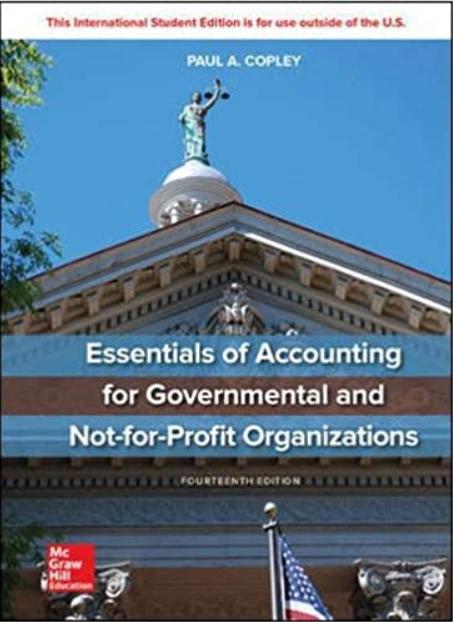Question
1)What is the role of a code of professional conduct and standards of ethical behavior for accountants and auditors? 2)Moral philosophy deals with questions such
1)What is the role of a code of professional conduct and standards of ethical behavior for accountants and auditors?
2)Moral philosophy deals with questions such as "How should I live my life?" and "What sort of person should I strive to be?" What are the basic tenets of moral philosophy? Answer with respect to the philosophies discussed in the chapter.
3)At which stage of moral development are most accountants and auditors with respect to their decision-making? What factors are responsible for their being at that stage? Given the stage of moral development you think you are at, how does this relate to the stage of moral reasoning of most accountants and auditors? What conflicts might exist for you in the workplace?
4)Explain how virtue interacts with moral development in Thorne's Integrated Model of Ethical Decision-making.
5)Analyze the reaction of Toyota from an ethical perspective to disclosures that occurred in late 2009 and early 2010 that the accelerator in some brands might get stuck and result in unintended acceleration of the car. How does Toyota's reaction relate to that of Ford with the Pinto and Johnson & Johnson with the Tylenol poisoning?
6)Explain what is meant by the ethical-person organization exchange and ethical dissonance including its implications for workplace ethics.
7)Imagine you just went to your local pharmacy and were told that the cost of a life-saving drug was $22,500 for 30 tablets to treat AIDS or another infectious disease. Well, if you needed the drug Daraprim that is what you would have to pay according to the CEO of the company that manufactured it. Turing Pharmaceuticals purchased the right to Daraprim in August 2015 and CEO Martin Shkreli decided a price increase of 5500% was needed. Evaluate the ethics and corporate responsibility in Shkreli's decision to charge the $22,500 for 30 tablets.
8)What is the purpose of the confidentiality rules in the AICPA Code? Describe the specific provisions and when confidentiality requirements might be waived.
9)Explain when and how to evaluate whether certain nonattest services can be provided to attest clients.
10)Discuss how professional skepticism relates to conducting a proper audit and meeting ethical obligations under the AICPA Code.
Step by Step Solution
There are 3 Steps involved in it
Step: 1

Get Instant Access to Expert-Tailored Solutions
See step-by-step solutions with expert insights and AI powered tools for academic success
Step: 2

Step: 3

Ace Your Homework with AI
Get the answers you need in no time with our AI-driven, step-by-step assistance
Get Started


